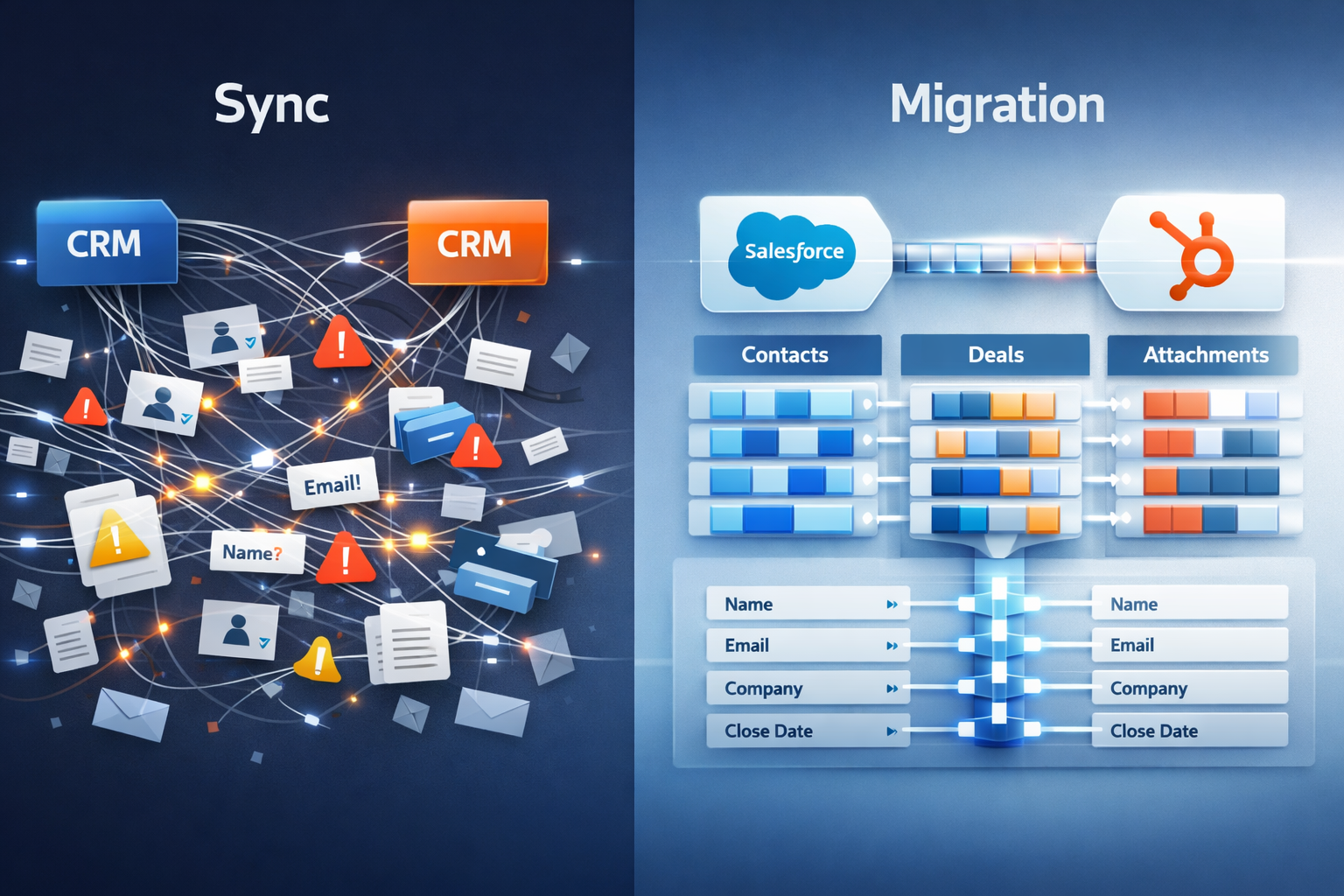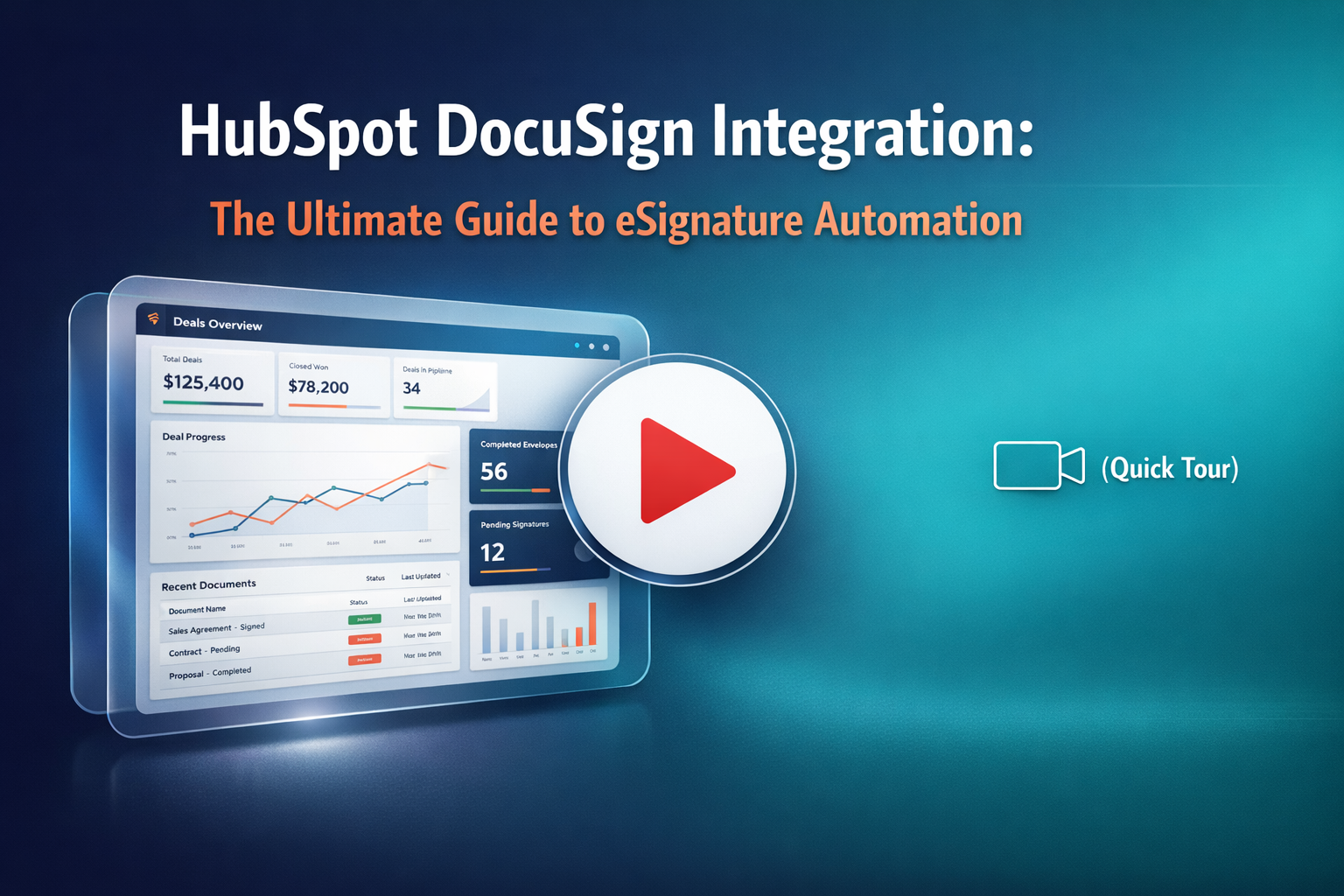What is Customer Engagement?
Customer engagement is the relationship a customer has with your brand. It goes beyond a one-time purchase, is manifested with emotions, and finds roots in loyalty built through interactions you have with your customers through multiple channels. It is a marketing strategy that assumes an active role and helps customers emotionally connect to a brand.
A study by Jim Williams shows how the relationship between customer engagement, loyalty, and revenue is astonishing. Engaged customers have shorter purchase cycles and larger orders. While it pays to acquire new customers, it is equally important to nurture the existing ones.
What are the essentials?
There are many aspects of customer engagement that you should keep in mind while working on your marketing strategy. The following are some components of customer engagement you should care about:
Create a Brand
First and foremost, create a product that speaks for itself. Your brand is your first step towards having an emotional connection with a client. A lot more goes into building a brand – for instance, deciding on visual appearances like color palette and fonts, making decisions about the tone of communication with the customers, finalizing the theme for photography and illustrations, etc. A strong brand image will tell the customer how you are different from the competition and leave a lasting impression. Example? A brand invests in an eye-catchy shipping policy template to substitute the simple emails from their shipping provider. The result? Higher open rates and better brand recognition.
Customer Experience
A positive customer experience is an essential ingredient to keep shoppers engaged. 93% of customers expressed the desire to make repeat purchases from companies that excel in customer service.
This experience can range from:
- The ease of use of your website or app
- Prompt delivery of products and services
- Effective customer service
Personalization
Personalized marketing is another policy that goes a long way in building a solid relationship with your target audience.
Customer information is key to serving the customer right. Knowledge about their tastes and preferences, age, purchase history, etc., will help you target them with relevant recommendations and offers. As many as 62% of the customers are likely to open an email that contains a personalized subject line.
Another advantage of personalization, based on purchase history, is that you can cross-sell and up-sell your products to existing customers. Thanks to improved engagement, companies can witness a rise in cross-selling by 22% and boost up-sell revenue from 13% to 51%. They also experience a tremendous increase in order sizes – from 5% to a whopping 85%.
Communicate
Communication through various channels signals the customer about your commitment to them. Omni-channel engagements include messaging, emails, and even social media.
When sending out messages and emails to the customer, keep in mind the quality and quantity of information you want to send across. Today, customers expect you to inform them about relevant discounts, new product launches, etc.
Another way to keep your audiences engaged has an active social media presence with relevant content. Your social media posts could be relatable, funny, or inspirational.
Communication is a two-way street – so the more relatable your content, the more attention it is likely to get in terms of likes, comments, and shares. To promote engagement on your social media channels, you can create a reward-point system for your customers to follow you on different platforms.
Feedback
Asking for feedback about a product is a sign that you care. Knowing your customer’s opinions helps you improve your product and inculcates a feeling of responsibility and belongingness in them. Engaged customers are happy to leave positive reviews online, which, according to the 2016 B2B Buyer’s Survey Report, influence buying decisions of 55% of their respondents.
Customer engagement isn’t only about purchases. It is a marketing strategy that will help you retain a loyal customer base and increase profits. Engaged customers are the ones that sell your brand through word of mouth (which spreads like wildfire.) Since there is no formula for a successful marketing strategy to engage customers, you can employ a mix of strategies at all times for the most efficient results. This way, you are sure to foster a long-term relationship with your customers.




